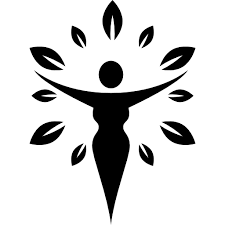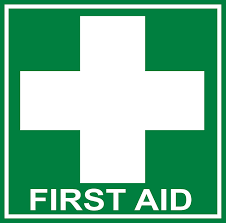
In a world where traditional medicine dominates, homeopathy emerges as a beacon of holistic healing, offering a unique approach that goes beyond merely treating symptoms. Founded by Samuel Hahnemann in the late 18th century, homeopathy operates on the fundamental principle that “like cures like.” This means that a substance capable of producing symptoms in a healthy person can, when highly diluted, stimulate the body’s vital force to restore balance and initiate self-healing in someone with similar symptoms.
Unlike conventional medicine, homeopathy takes into account the individuality of each person, recognizing the intricate connection between physical, emotional, and mental well-being. This introduction delves into the principles, philosophy, and applications of homeopathy, revealing how this age-old practice provides a powerful and nuanced approach to achieving optimal health and balance in our lives.
One of the key tenets of homeopathy is individualization. Practitioners consider not only the physical symptoms but also the emotional and mental aspects of a person. By taking into account the person as a whole, homeopathic remedies are selected to stimulate the body’s vital force and promote self-healing.
Homeopathic remedies are prepared through a process of potentization, involving successive dilution and succussion (vigorous shaking). Paradoxically, as the substance is diluted, its healing power is believed to increase. Different potencies are employed based on the nature and severity of the symptoms.
Homeopathy aims to treat the root cause of an ailment rather than merely alleviating symptoms. This approach seeks to address the underlying imbalances within the body, aiming for long-term healing rather than temporary relief.
Homeopathy is known for its versatility in addressing a wide range of conditions, from chronic illnesses to acute ailments. It is commonly used to manage allergies, skin disorders, respiratory issues, and emotional imbalances. The emphasis on individualized treatment makes it a unique and personalized healing modality.
Diverse uses of homeopathy :

Chronic Conditions and Long-Term Ailments:
Homeopathy is renowned for its effectiveness in managing chronic conditions. From arthritis and asthma to autoimmune disorders, homeopathic remedies aim to stimulate the body’s vital force, addressing the underlying imbalances that contribute to long-term ailments.

Respiratory Disorders:
Homeopathy provides relief for various respiratory issues, including allergies, sinusitis, and bronchitis. Individualized remedies can help alleviate symptoms such as congestion, coughing, and difficulty breathing, promoting respiratory health without the side effects commonly associated with conventional treatments.

Skin Disorders:
The holistic approach of homeopathy extends to dermatological concerns. Conditions like eczema, psoriasis, and acne can be addressed through carefully selected remedies that aim to restore balance to the skin and support the body’s natural healing processes.

Stress and Emotional Well-Being:
Homeopathy recognizes the interconnectedness of physical and emotional health. Remedies tailored to an individual’s emotional state can provide support in managing stress, anxiety, and other mental health challenges. This holistic approach addresses the root causes of emotional imbalances rather than merely treating the symptoms.

Pediatric Care:
Homeopathy is gentle and well-tolerated, making it a popular choice for pediatric care. From common childhood ailments like ear infections and colic to behavioral issues and developmental concerns, homeopathic remedies offer a safe and natural alternative for parents seeking holistic solutions for their children.

Women’s Health:
Homeopathy has applications in women’s health, offering support for menstrual disorders, hormonal imbalances, and symptoms associated with menopause. Remedies are selected based on an individual’s unique symptoms, promoting a personalized approach to women’s health and well-being.

Allergies and Immune Support:
Homeopathy addresses allergies by stimulating the body’s immune response. Remedies can be tailored to manage allergic reactions, providing relief without the sedative effects often associated with conventional antihistamines. Additionally, homeopathy is used to support overall immune function, enhancing the body’s ability to fend off infections.

First Aid and Acute Ailments:
Homeopathy is valuable in managing acute conditions and first aid situations. Remedies like Arnica are well-known for their role in addressing trauma, bruising, and pain. Homeopathic first aid kits are commonly used for injuries, bites, and other sudden health concerns.
Conclusion:
The diverse uses of homeopathy underscore its adaptability and efficacy in promoting holistic health. From chronic conditions to acute ailments, emotional well-being to pediatric care, homeopathy offers a gentle and individualized approach to healing. As with any healthcare approach, consulting with a qualified homeopathic practitioner ensures that remedies are tailored to an individual’s unique needs, fostering a personalized and comprehensive path to well-being.
.
